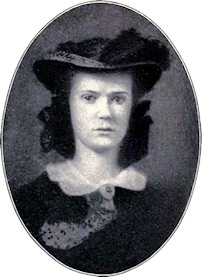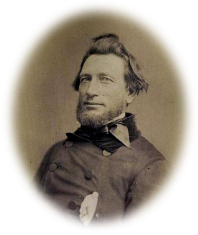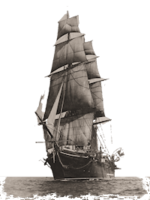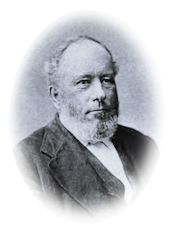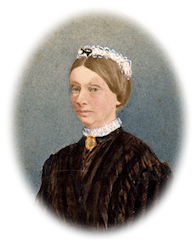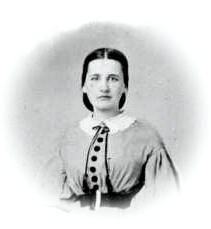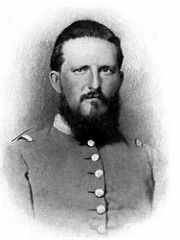16th [May] Spartanburg St John’s College left wing.
Mr Grimball moved us up here last week we hired a car for $75 and brought some furniture and all our clothes and some bedding and have established ourselves here, we hope only for the summer but it may be longer.
The Journey was performed comfortably and we had to remain 2 days at the Hotel as our things were not taken out. Papa & Mrs B. were there and our rooms were ready. We thankfully left it on Monday for I hate a Hotel life and we are now as comfortably fixed as circumstances will allow. The building is not entirely finished we have the use of 2 large rooms, up stayrs , and a turret room large enough for Harry to sleep in, there are down stayrs 3 rooms and one a very large one which we make by using screens left here, a pantry, dining room, and drawing room. The supply of articles of food excentric , and as yet no appearance of any quantity.
Mr Wilkins came up with her daughters soon after us, she declined sharing with us the college as she said the accomodation for the servants would not answer. They have two large kitchens, and one very large room which has the two ends cut off for Josey & Adam & their wives, and Patsy & Peggy & the 5 children sleep in the middle of the Hotel as Peggy calls it. Mrs Wilkinses servants came here at first and it was very crowded, and rather noisy. Maria, a little girl they had in the house died here, she was very ill when she left Charleston and might have died in the cars. Mrs W. hired some rooms for her servants, and they have moved away. She is at the Walker House with her daughters they find it not nice, every one complains.—Most people stay a few days and then locate themselves, she is trying to do so.—
Mr Grimball had a very sudden and violent attack the other night and I sent for Dr Boyed, he sent me a powder to administer morphyne , and said he had a very sick child, and no one to leave it with. I prefered he should see Mr Grimball, and sent in a servant to take charge of the child, he after a time came up here and prescribed. The attack he said was gravel, he cupped Mr Grimball and with the Morphyne he was relieved. He went to Charleston to day , intending to see Dr Geddings.—
The boys write pleasantly from the Marions, William has been disappointed in getting a Commission, John is on board the Arkansas the Confederate Ram on the Mississippi.—
Up here there are no outside shutters and we have to hang curtains to all the windows, and in my room there are the white curtains I had soon after I was married, nailed up to the windows.—I hope Mr Grimball will soon come back. Papa and Mrs Butler propose coming up here and joining us in house keeping. I hope it will act pleasantly and lessen our expense.
Just before we left Town Mr Rose notified me he had received $1360 for me, it is kept in his bank until called for that is a little sum in reserve I hope we may be able to get on.—



